3 Pasilla Pepper Replacements That Add Rich Flavor
Pasilla peppers bring a distinctive mild heat and smoky flavor essential to many Mexican recipes.
When pasillas aren’t accessible, ancho, chipotle, or even dried guajillo peppers can provide comparable warmth and complexity.
Each alternative adds unique nuances, so selecting one that suits your dish is important for preserving authenticity.
These substitutes perform excellently in sauces, moles, and stews, delivering the deep, rich flavor pasillas are known for.
Adjusting quantities and preparation methods ensures the best flavor balance.
Exploring these options helps keep traditional dishes flavorful even without pasilla peppers.
Learn how to choose the perfect pasilla replacement for your cooking needs.
Rich Pasilla Pepper Substitutes
Pasilla pepper substitutes bring rich, smoky flavor to sauces and stews, with some options adding mild heat. Variety helps keep dishes exciting. Explore the peppers that could fit your recipes.
Ancho Chilies
Ancho chilies, often mistaken for pasilla peppers in recipes, offer a distinctly fruity flavor with earthy undertones and slightly more heat than their lookalike counterparts.
These dried poblano peppers showcase how Mexican cuisine gives separate names to the same pepper in fresh versus dried form.
When cooking, you can substitute ancho for pasilla using equal measurements, though reducing the amount by half is wise if spice sensitivity is a concern.
Ground ancho powder makes an excellent alternative that blends seamlessly into many dishes where pasilla would typically be used.
The rich, deep flavor of anchos brings complexity to sauces, marinades, and traditional Mexican dishes without overwhelming other ingredients.
Mulato Peppers
Mulato peppers serve as an excellent substitute for Pasilla peppers, offering the same mild peppery, smokey, and fruity taste with subtle chocolate notes that many recipes require.
These peppers are essentially a variation of the Ancho Chile, though they're harvested differently and provide a slightly milder spicy flavor profile.
Many authentic Mexican dishes use Mulato peppers alongside Pasilla and Ancho peppers to create complex flavor layers in traditional sauces.
For home cooks in the U.S., these peppers might be challenging to locate in regular grocery stores, but Mexican specialty shops often carry them in their spice sections.
Chipotle Powder
Chipotle powder, made from crushed dried and smoked jalapeño peppers, offers a distinctive reddish-orange color and a delicious smoky, earthy flavor to dishes without being too overpowering.
This versatile spice works beautifully for seasoning meats, fish, and poultry while also enhancing sauces, tacos, curries, quesadillas, soups, and stews with its moderate heat.
Many cooks appreciate that chipotle powder isn't as intensely hot as other chili varieties, making it an excellent substitute for pasilla in recipes.
What Do You Need To Consider When Choosing Substitutes For Pasilla In Mexican Cooking?
When choosing a substitute for pasilla chili, keep these factors in mind to preserve the authentic flavor and texture of your dish:
Balancing these elements helps ensure your substitute works well in place of pasilla chili.
Can Dried Chili Alternatives Match Pasilla’s Smoky Undertones?
Yes, certain dried chili alternatives can replicate pasilla’s smoky undertones quite well. Chilies like ancho, mulato, or chipotle often share similar smoky, earthy flavors that can stand in for pasilla in sauces, stews, and marinades.
However, each chili has its own distinct notes - ancho tends to be sweeter and fruitier, while chipotle brings a stronger, spicier smoke. Combining dried chilies or adjusting quantities can help you better mimic pasilla’s complex flavor.

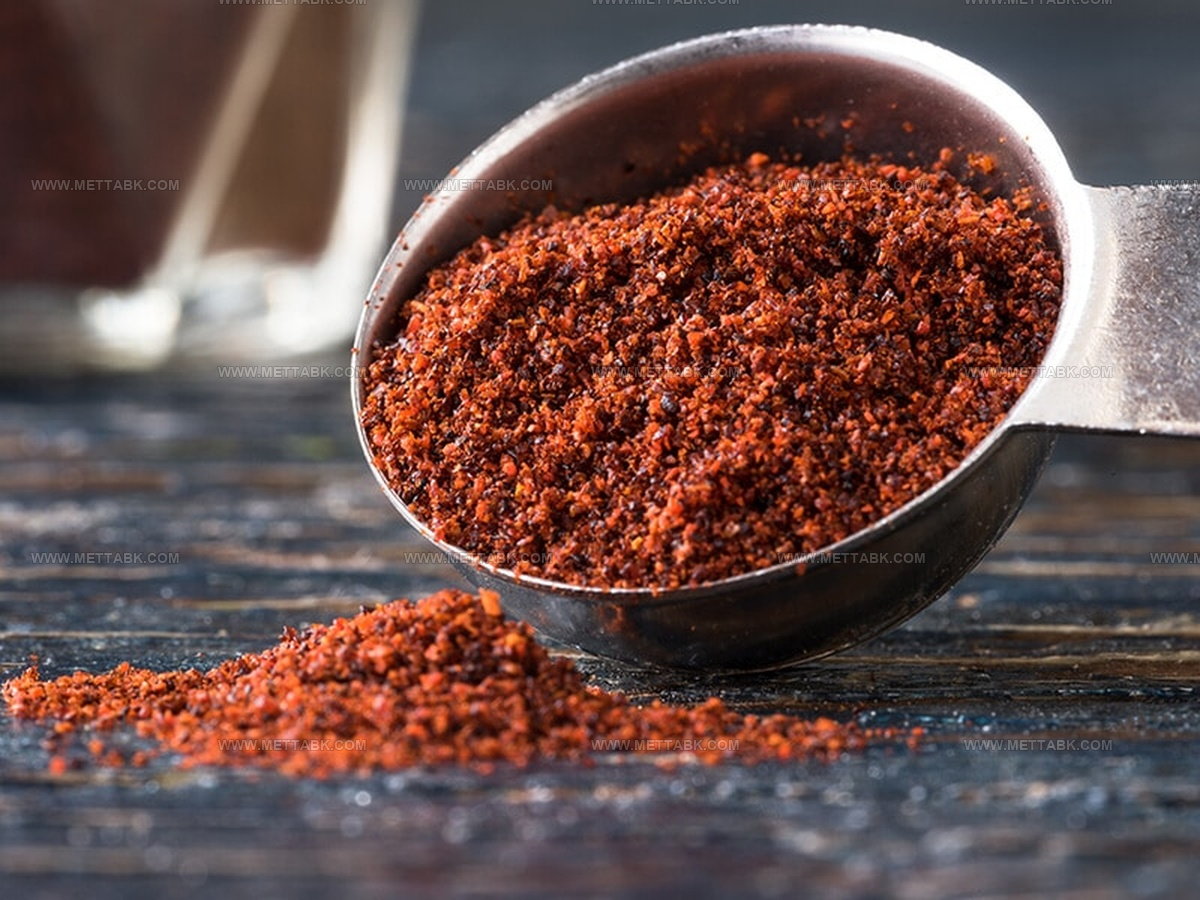
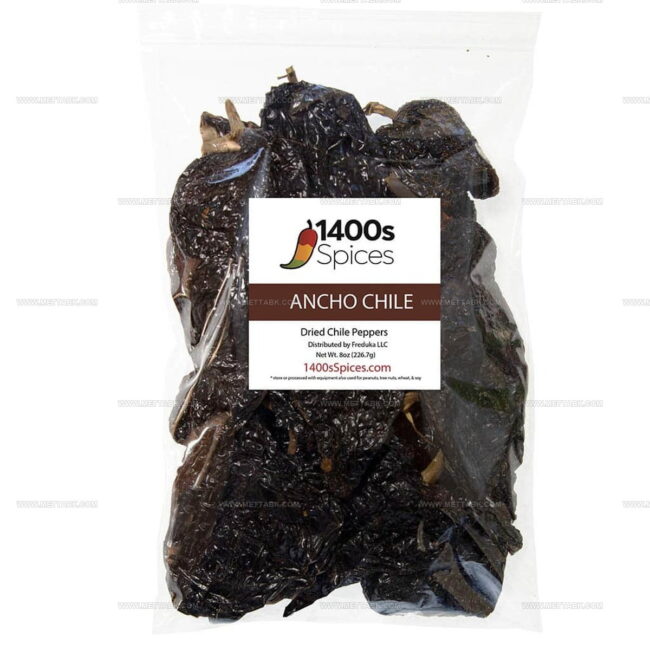
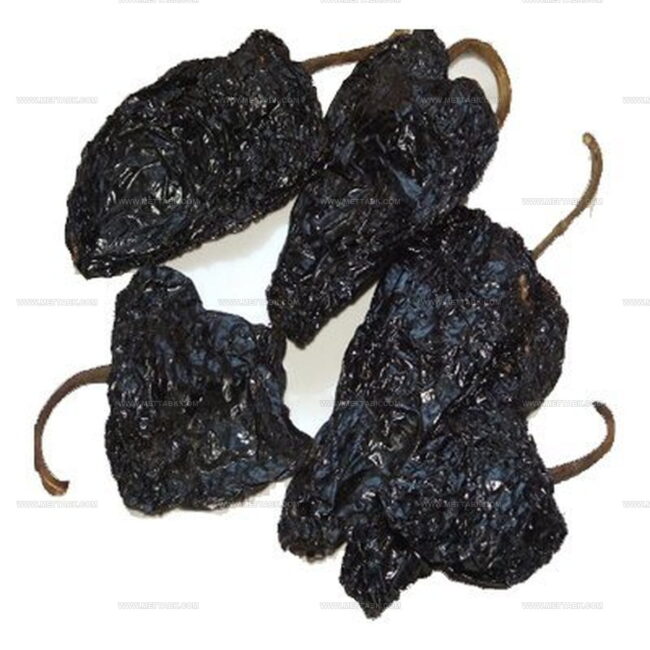
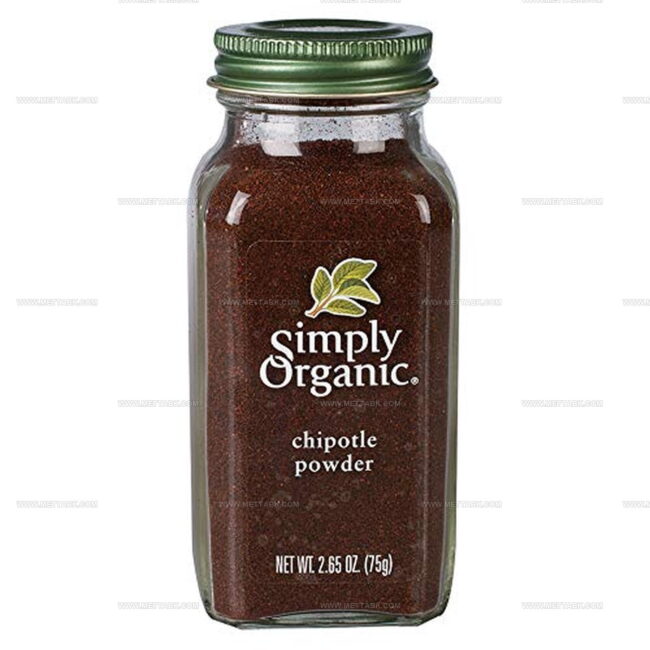
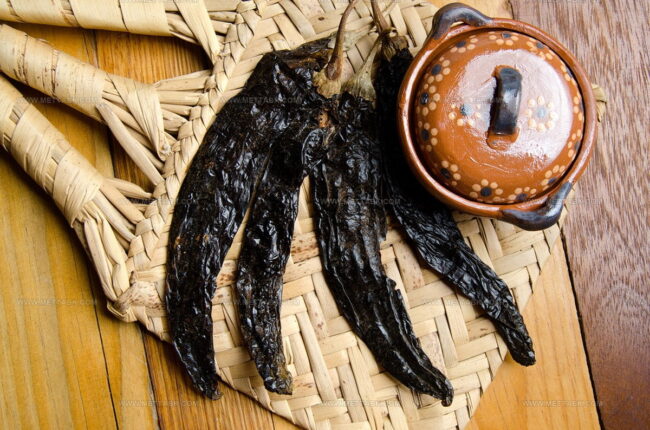
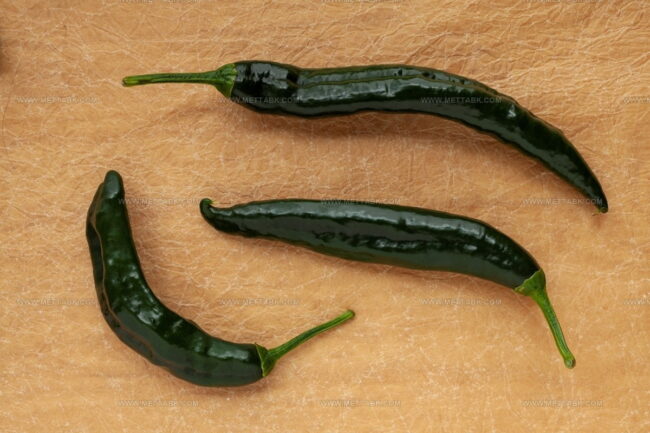
Nate Harper
Founder & Recipe Curator
Expertise
Single-Recipe Development, Farm-to-Table Cooking, Seasonal Menu Planning, Culinary Storytelling, Home Kitchen Innovation
Education
Cascade Culinary Institute – Central Oregon Community College
Certificate in Culinary Arts
Focus: Farm-to-table cuisine, sustainable cooking practices, and seasonal recipe creation.
Nate studied under experienced chefs who emphasized local sourcing, minimal waste, and building recipes from fresh, simple ingredients.
Nate Harper is the founder and creative force behind Make, Take, Bake. Raised in the wild beauty of Oregon’s high desert, Nate grew up surrounded by family gardens, farmers’ markets, and home kitchens that celebrated the seasons.
His early love for simple, honest food evolved into a professional passion when he attended Cascade Culinary Institute, where he sharpened his skills in creating recipes that are sustainable, satisfying, and made for everyday life.
Nate’s goal is to make cooking feel accessible, free of fuss, and full of flavor. He believes a single, thoughtfully built dish can stand alone, and sometimes even steal the show.